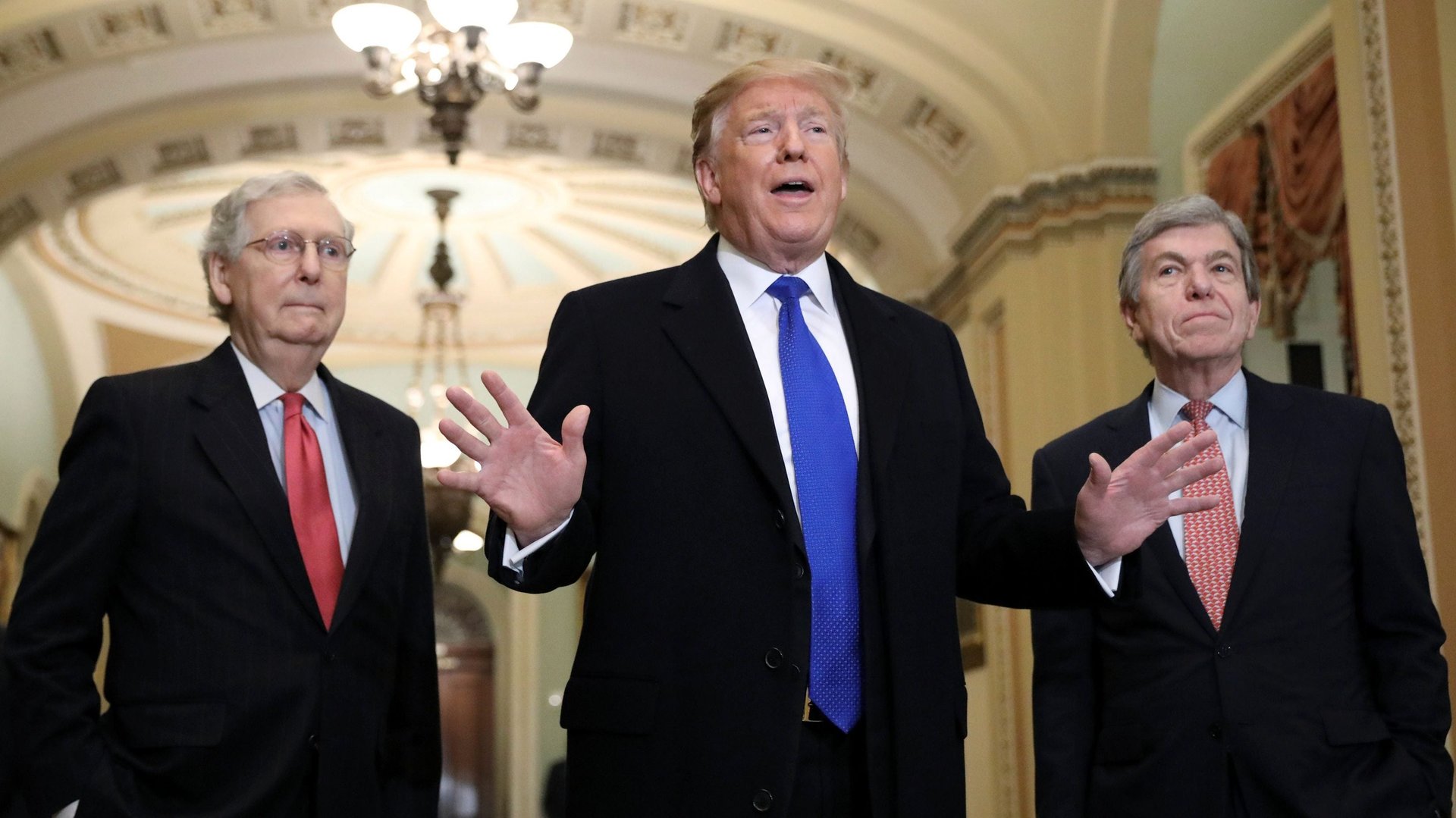Why is Trump attacking Obamacare now?
Donald Trump should be celebrating, after the Department of Justice said March 24 special counsel Robert Mueller’s report found the president didn’t collude with Russia in the 2016 US election. Instead he’s trying, yet again, to destroy “Obamacare,” the landmark healthcare act that covers 30 million Americans.


Donald Trump should be celebrating, after the Department of Justice said March 24 special counsel Robert Mueller’s report found the president didn’t collude with Russia in the 2016 US election. Instead he’s trying, yet again, to destroy “Obamacare,” the landmark healthcare act that covers 30 million Americans.
After failed attempts to repeal the Affordable Care Act in Congress, Republican state attorney generals have been challenging its constitutionality in the courts. The DOJ sent a letter to an appeals court March 25 stating that the US government no longer planned to defend the federal healthcare law, taking many healthcare experts in Washington DC, members of Congress, deep-pocketed donors, and Trump’s own cabinet by surprise.
The move is part of a repeated Trump strategy of striking back after an initial policy defeat with a shock tactic, one that often puts the health, livelihood, or future security of millions of people in the US on the line to try to force a new deal. In most of these instances as president, Trump hasn’t succeeded, the publicity has been awful, and Republicans were upset. But he can’t seem to help himself.
“This administration has, on multiple issues, taken the position that sparking some sort of crisis is a way to bring people together to support some sort of reform,” Jonathan Adler, the director of the Center for Business Law and Regulation at Case Western Reserve University, and a longtime proponent of repealing the ACA, told Quartz. “It is not clear to me it has worked anywhere.”
Trade, DACA, the wall
The tactic seems to be hardwired in Trump, and comes after decades of litigation and threats against clients, contractors, and the media during his years as a real estate developer.
In an early presidential example, in 2017, the Trump administration scrapped the Deferred Action for Childhood Arrivals act that protected the status of some 800,000 US residents brought here illegally as children, essentially holding these young adults hostage to try to get more money for a border wall. (He was thwarted by the courts, which upheld the act).
To negotiate a new trade deal with China, Trump’s White House first slapped on tariffs. When he wanted to renegotiate NAFTA with Mexico and Canada, he first said he’d kill the decades-old trade law entirely. His grandstanding threatens US business’ profits, is destroying carefully crafted trade relationships with overseas importers, and has raised the US trade deficit with China.
After Trump couldn’t get the money he wanted from Congress to build a wall on the US’s southern border, he forced a government shutdown that left 800,000 Americans without paychecks for weeks, and disrupted safety oversight that may have contributed to the Ethiopian Airlines Boeing 787 Max crash. In the end, he was budgeted less money than Congress originally offered.
Destroying Obamacare
Trump’s latest effort to kill the ACA risks another round of widespread protests, and a backlash that fueled a “blue wave” of Democratic victories in the midterms. If he succeeds, eliminating preventative healthcare for millions also means taxpayers are likely to spend billions more on overall healthcare in the US.
The issue is likely to wind its way to the Supreme Court, where the healthcare law’s survival hinges on a bench dominated by conservatives after Brett Kavanaugh’s controversial appointment last year. “If the Supreme Court rules that Obamacare is out, then we will have a plan that is far better,” Trump told reporters March 27, though what that is is unclear.
The DOJ’s rationale is that the ACA was essentially made unconstitutional by stealth, when the 2017 Trump tax bill passed, because it eliminated the individual mandate, even though Congress couldn’t get the votes to actually repeal the ACA. That view isn’t supported by Adler or other conservative lawyers who previously pushed to repeal the ACA. “I’m hardly a defender of the ACA, but I don’t see the legal rationale for this,” Alder said.
After the DOJ’s letter hit, only Trump seemed to know what was going on. “The Republican Party will soon be known as the party of healthcare,” Trump told reporters ahead of a luncheon with Senate Republicans at the US Capitol March 26, adding, “You watch.”
There is currently no Republican plan drafted to replace the ACA. Trump’s new legal strategy raises questions about what will happen to the millions of Americans who depend on ACA insurance to pay their medical bills, from diabetes sufferers who need regular insulin to cancer patients undergoing chemotherapy, to pregnant women about to give birth. The move came over the objections of Health and Human Services secretary Alex Azar and attorney general William Barr, Politico reports, and prompted fast criticism from the president’s own party.
“This is something I vehemently disagree with, and I hope that the courts do not go along with what the Justice Department has requested,” Susan Collins, the Maine senator, said.